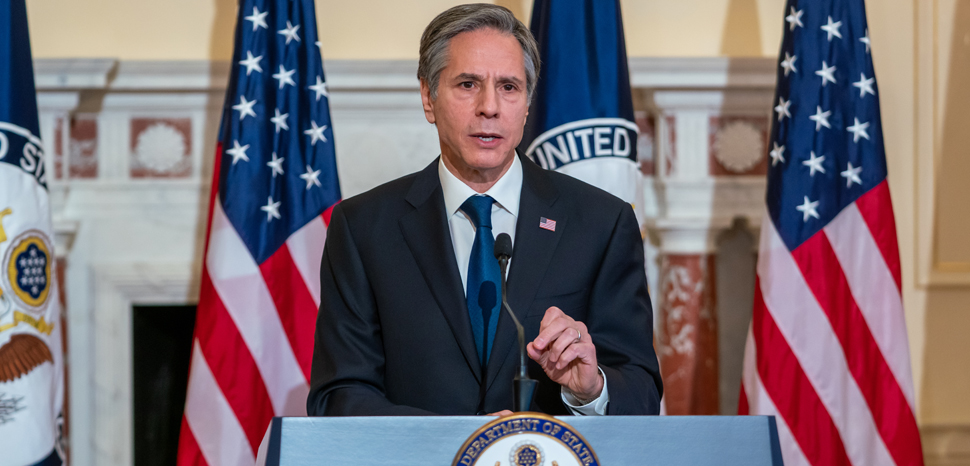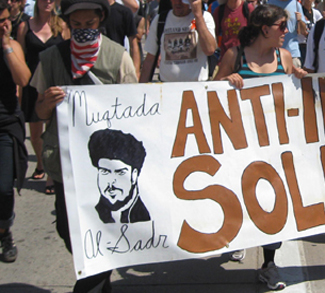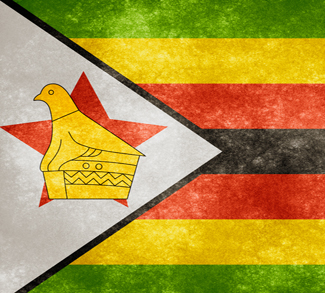Summary
A reoccurring theme in US President Biden’s statements on China is the need to adopt a united front against Beijing’s perceived domestic transgressions and its attempts to isolate and punish individual democratic countries that step out of line. The logic goes that the combined moral and economic weight of the democratic world can create costs for such behavior and alter Beijing’s policy calculus. However, given China’s heft as the world’s second-largest economy – and its status as largest bilateral trading partner for many of the democratic countries involved – achieving this united front will not be an easy task.
In the decision of various Western countries to impose sanctions on China over human rights abuses in Xinjiang, we now have an early indication of the challenges in store for the Biden administration.




